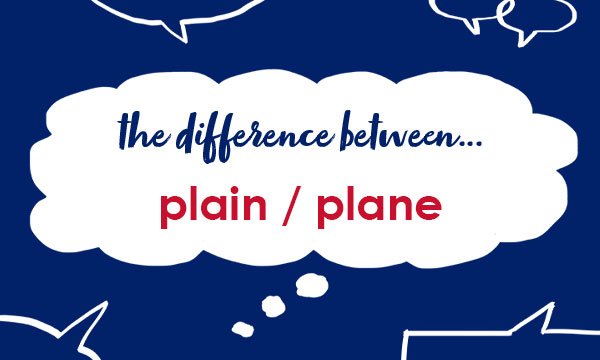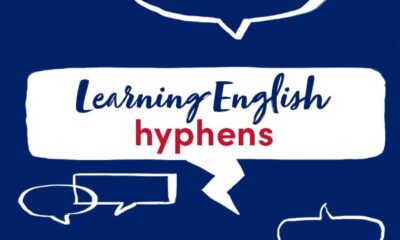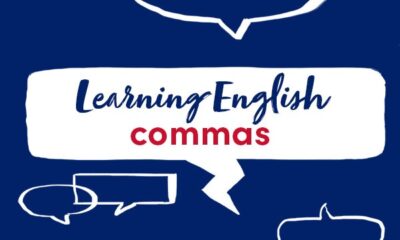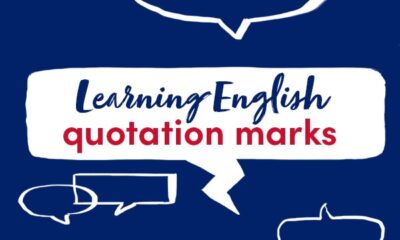This week we are looking at two words which may be confused by learners of English: plain and plane.
plain
function playAudio(url) { new Audio(url).play(); }
As an adjective, plain can mean:
- that an object, surface, or fabric is made in entirely one colour that has no pattern, design, or writing on it
He wore a plain white shirt, open at the collar.
- something that is very simple in style
It was a plain, grey stone house, distinguished mainly by its largely unspoilt simplicity.
- a fact, situation, or statement that is easy to recognize or understand
It was plain to him that I was having a nervous breakdown.
- someone that you think looks ordinary
…a shy, rather plain girl with a pale complexion.
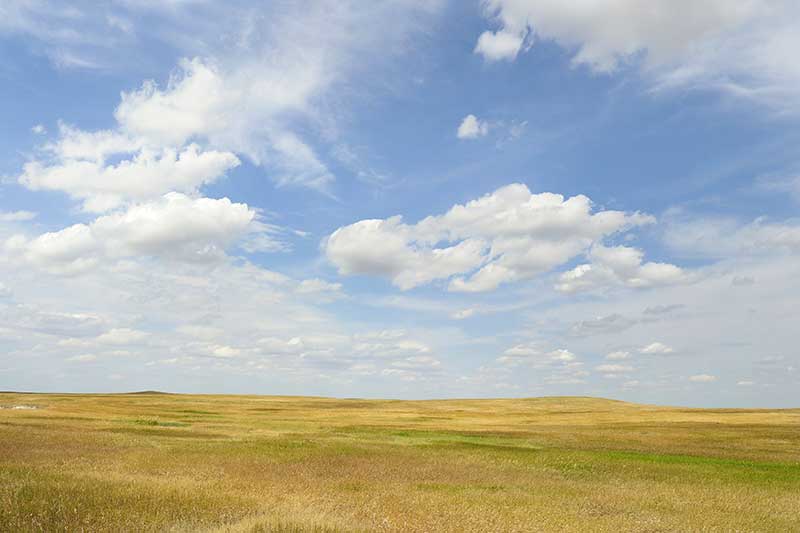
As a countable noun, a plain is a large flat area of land with very few trees on it.
Once there were 70 million buffalo on the plains.
plane
function playAudio(url) { new Audio(url).play(); }
As a countable noun, a plane is a vehicle with wings and one or more engines, which can fly through the air.
He had plenty of time to catch his plane.
…fighter planes.

A plane is also a tool that has a flat bottom with a sharp blade in it. You move the plane over a piece of wood in order to remove the thin pieces of its surface.
As a verb, if you plane a piece of wood, you make it smaller or smoother by using a plane.
She watches him plane the surface of a walnut board.

Finally, a plane or a plane tree is a large tree with broad leaves which often grows in towns.
This blogpost is based on Collins COBUILD English Usage, written for learners of English. For more examples of English usage points, please visit: https://grammar.collinsdictionary.com/english-usage.
All opinions expressed on this blog are those of the individual writers, and do not necessarily reflect the opinions or policies of Collins, or its parent company, HarperCollins.
